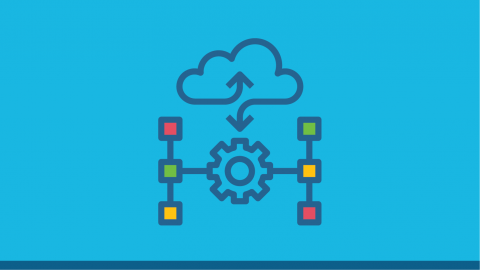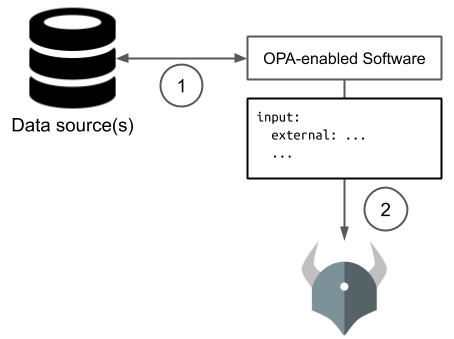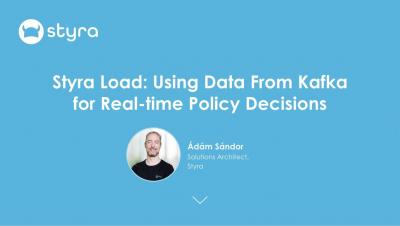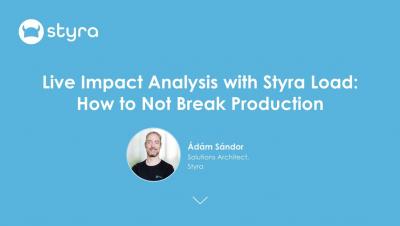THEY DID WHAT!? Auditing a security breach using Enterprise OPA decision logs and AWS Athena
You will learn how to use the Enterprise OPA Enhanced Decision Logs feature to configure Enterprise OPA (EOPA) to upload decision logs to an AWS S3 bucket so that they can be queried using AWS Athena. In mid to large sized deployments of EOPA, immense quantities of decision logs can be generated, necessitating big data tools such as Athena. This can be useful for security breach auditing, auditing access decisions, and for business intelligence in general.











